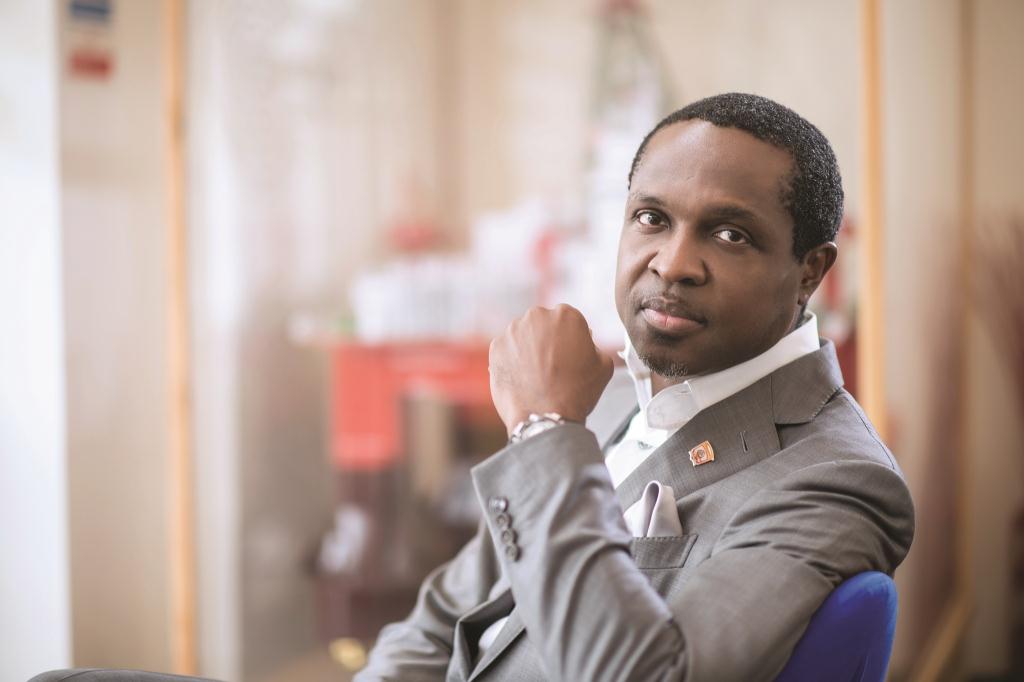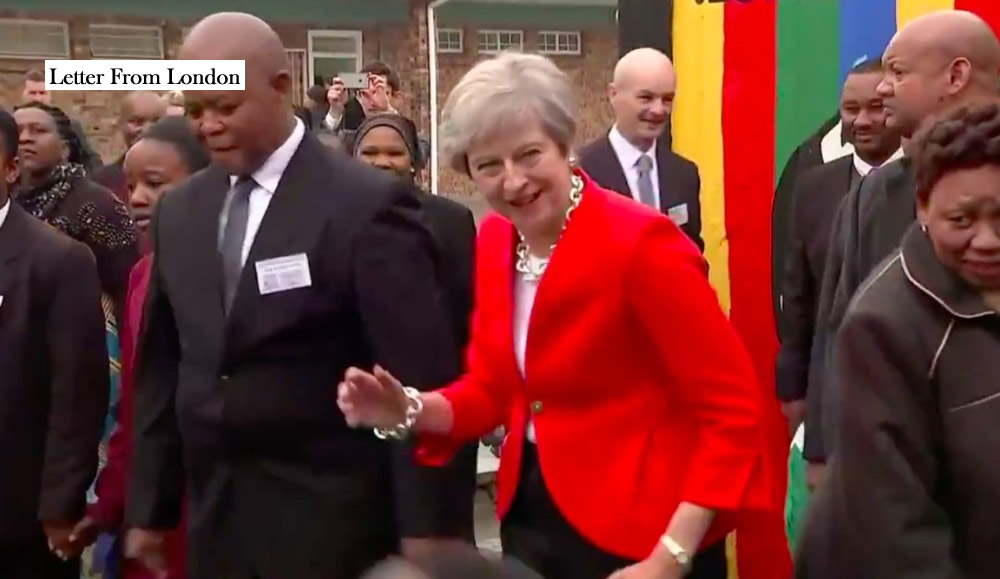China’s President Xi Jinping has offered $60bn in financial support to African countries and written off debt for poorer African nations.
Speaking at the opening of a major summit with African leaders in Beijing on Monday, Xi promised development that people on the continent could see and touch, but that would also be green and sustainable.
Government debt from China’s interest free loans due by the end of 2018 will be written off for indebted poor African countries, as well as for developing nations in the continent’s interior and small island nations, Xi said.
“China-Africa cooperation must give Chinese and African people tangible benefits and successes that can be seen, that can be felt,” he said.
China will carry out 50 projects on green development and environmental protection in Africa, focusing on fighting climate change, desertification and wildlife protection, the Chinese leader said.
He pledged, without giving details, that China would set up a peace and security fund and a related forum, while continuing to provide free military assistance to the African Union.
The offer of more funds comes after a pledge of a similar amount at the previous Forum on China-Africa Cooperation (FOCAC) in South Africa three years ago.
The new $60bn will include $15bn of aid, interest-free loans and concessional loans, a credit line of $20bn, a $10bn special fund for China-Africa development, and a $5bn special fund for imports from Africa, Xi said.
Chinese companies will be encouraged to invest no less than $10bn in the continent in the next three years, he said.
Al Jazeera’s Adrian Brown, reporting from Beijing, said economists and some international financial institutions worry that Chinese loans are burying some countries under massive debt.
“It’s hard to think of any country in Africa that has not been touched by China,” he said, adding that China rejects the claim of “debt-trap diplomacy”.
Chinese officials say this year’s summit will strengthen Africa’s role in Xi’s “Belt and Road” initiative, which has already seen billions of dollars loaned to countries in Asia and Africa for roads, railways, ports and other major infrastructure projects.
Beijing loaned around $125bn to the continent from 2000 to 2016, data from the China-Africa Research Initiative at Washington’s Johns Hopkins University School of Advanced International Studies shows.
Every African country is represented at the business forum apart from eSwatini, self-ruled Taiwan’s last African ally that has so far rejected China’s overtures to ditch Taipei and recognise Beijing.
African leaders in attendance include South Africa’s Cyril Ramaphosa, Egypt’s Abdel Fattah el-Sisi, Zambia’s Edgar Lungu and Gabon’s Ali Bongo.
South Africa’s Ramaphosa defended China’s involvement on the continent, saying FOCAC “refutes the view that a new colonialism is taking hold in Africa as our detractors would have us believe”.
Ahead of FOCAC, Rwandan President Paul Kagame, currently the chair of the African Union, also dismissed the concerns, telling the official Xinhua news agency talk of “debt traps” were attempts to discourage African-Chinese interactions.
However, Aly-Khan Satchu, an economic analyst based in Nairobi, the Kenyan capital, told Al Jazeera there were “real worries about “debt-trap diplomacy” on the African continent.
“There are worries that this infrastructure has been inflated in price, and it is highly unlikely to make return on investments that is necessary for these countries to get in order to pay back the debt,” he said.
“The future of China-Africa relations is going to depend entirely on how China manages this debt situation, which is now spiraling out of control,” he added.
Speaking earlier in the day, Xi said China’s investments on the continent have “no political strings attached”. Chinese funds are not for “vanity projects” in Africa but are to build infrastructure that can remove development bottlenecks, he said.
“China does not interfere in Africa’s internal affairs and does not impose its own will on Africa,” Xi told his African counterparts and business leaders at a forum before the FOCAC.
Nigerian President Muhammadu Buhari will oversee the signing of a telecommunication infrastructure deal backed by a $328million loan facility from China’s Exim bank during his visit, according to his office.
China has provided aid to Africa since the Cold War period, but Beijing’s presence in the region has grown exponentially with its emergence as a global trading power.
Chinese state-owned companies have aggressively pursued large investments across African continent, whose vast resources have helped fuel China’s transformation into an economic powerhouse.
While relations between China and African nations are broadly positive, concerns have intensified about the impact of some of Beijing’s deals in the region.
Djibouti has become heavily dependent on Chinese financing after China opened its first overseas military base in the Horn of Africa country last year, a powerful signal of the continent’s strategic importance to Beijing.
Locals in other countries have complained about the practice of using Chinese labour for building projects and what are perceived as sweetheart deals for Chinese companies.


